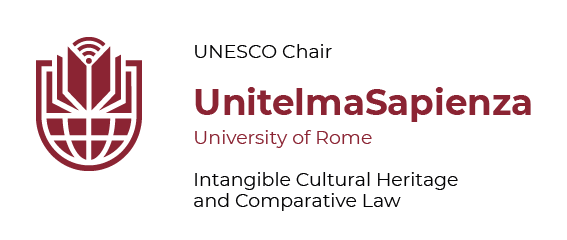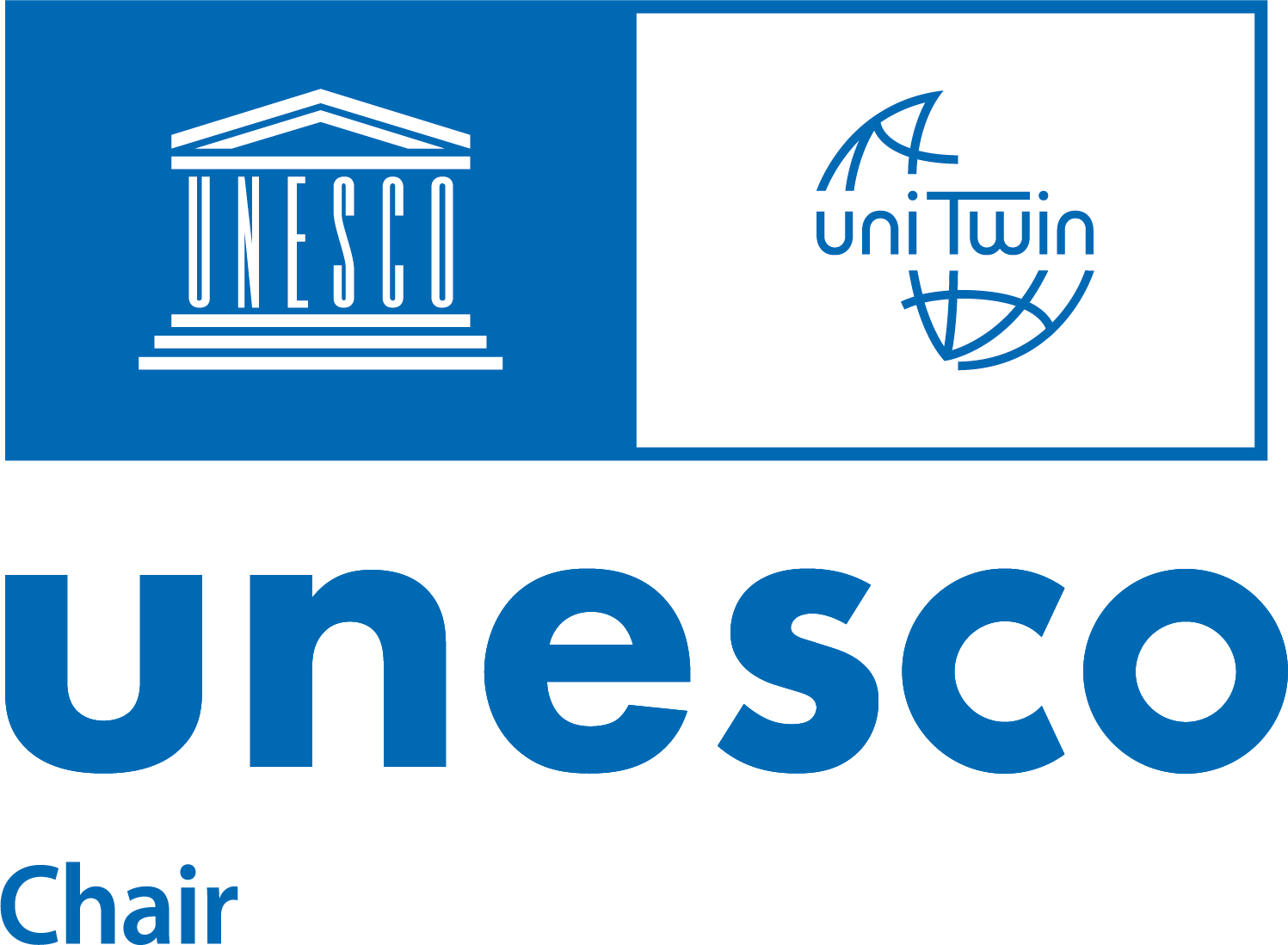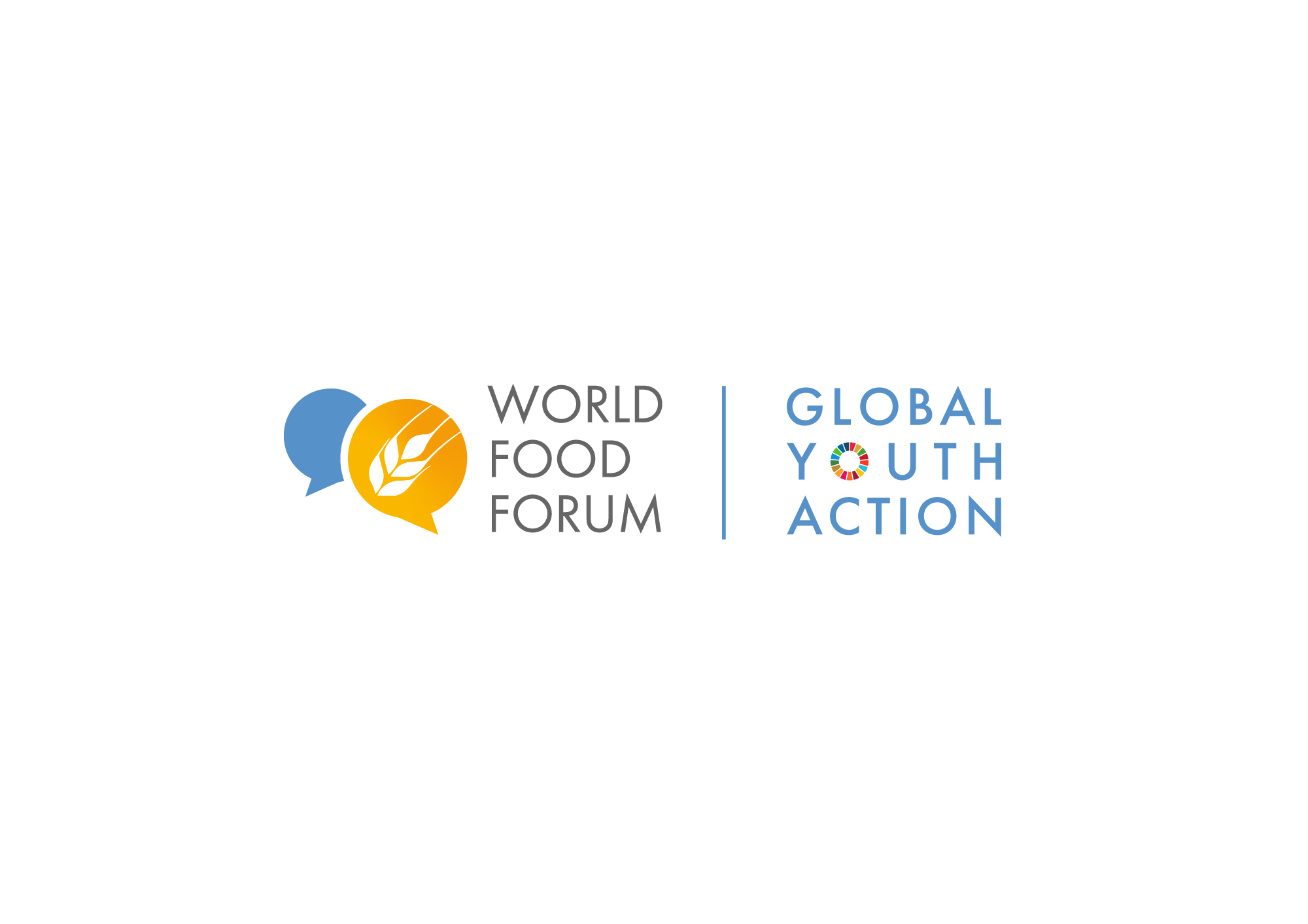
Living Heritage Goes to FAO World Food Forum
Since 2024, every year on October 17, UNESCO celebrates the International Day of Intangible Cultural Heritage (ICH), also known as Living Heritage. The date was chosen because it marks the adoption of the 2003 UNESCO Convention for the Safeguarding of the Intangible Cultural Heritage, a milestone that recognised the importance of preserving practices, representations, expressions, knowledge, and skills that communities pass from generation to generation.
For this occasion, the UNESCO Chair on Intangible Cultural Heritage and Comparative Law at UnitelmaSapienza University of Rome has developed a series of educational activities tailored for the FAO flagship event, World Food Forum. These activities are designed to be dynamic and interactive, with a specific focus on ICH foodways. The objectives of these activities are:
- To help participants understand what ICH is, especially in relation to food systems and agricultural practices.
- To raise awareness about the 2003 Convention, the nomination process, and the pros and cons associated with it.
- To explore the links between ICH and the SDGs.
- To explore safeguarding measures.
- To encourage reflection on the importance of safeguarding ICH.
The activity is designed as an engaging, multi-part session that introduces participants to the concept of Intangible Cultural Heritage, its connections to food systems, and its relevance to global sustainability. It begins with an interactive quiz that provides a dynamic overview of the ICH and the 2003 UNESCO Convention. Participants respond to 10 multiple-choice questions covering topics such as the definition of ICH, the nomination process, and countries with the most inscribed heritage. Each answer is followed by a brief explanation, allowing participants to deepen their understanding immediately.
The session then moves into a matching game called “Heritage & SDGs”, which visually links UNESCO-listed ICH elements with the Sustainable Development Goals. Participants are presented with two sets of cards: one depicting food-related heritage and another representing the SDGs, and are asked to pair them based on their connections. After each match, a brief explanation highlights the connection between living heritage and sustainability, encouraging participants to consider the broader societal implications of cultural practices.
Next, participants engage in a role-play exercise, simulating a community meeting to navigate the nomination process for the Mediterranean Diet, a case study chosen for its emblematic status in foodways-related heritage and its multi-country support. Each participant is assigned a character representing a specific perspective, complete with its own priorities and concerns. Through debate and negotiation, participants discuss the pros and cons of inscription, ultimately reaching a collective decision and considering measures to safeguard against potential challenges. This immersive activity emphasises the complexities of community decision-making and heritage management.
Finally, the session concludes with a debate and reflection exercise, where participants physically position themselves along a spectrum according to their level of agreement with key statements about ICH safeguarding. Volunteers share their reasoning, and the facilitator synthesises the discussion, highlighting emerging themes and takeaways. Altogether, the session combines interactive, hands-on learning with discussion and reflection, providing participants with a comprehensive understanding of ICH in food systems and its broader cultural, social, and sustainability implications.
Programme
The event will take place on Friday, October 17, at the FAO premises, coinciding with the last day of the flagship event, the World Food Forum.
The session will last one hour, from 9:00 a.m. to 10:00 a.m. During this session, four different activities will be conducted with the participants. The activities have been organised with a deliberate sequence: starting from a more general introduction that provides the basic information, moving through increasingly interactive and participatory experiences, and concluding with reflective takeaways. At the same time, each activity is designed as a stand-alone module, allowing participants to join at any point without needing to know what happened before. The games listed below are likely to be played in sequence; however, depending on the number of participants, their responses, and the available time, they can be easily adapted to the situation.
Text as provided by the organiser(s).

